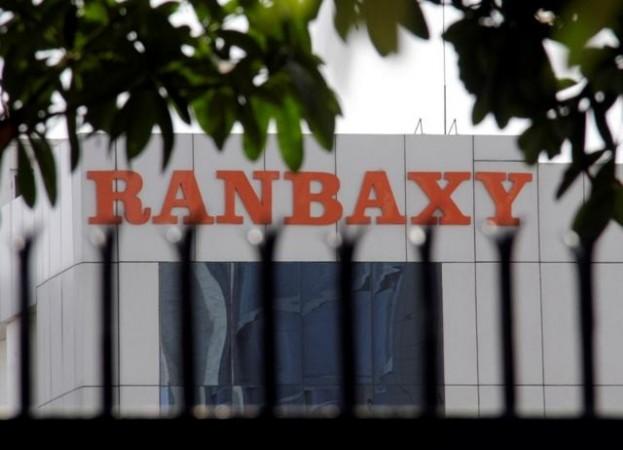Ranbaxy Laboratories has been banned by the European Union (EU) from exporting injectables from one of its units at Dewas plant due to non-compliance.
Sources however quoted the company as saying that the drug maker has already stopped production of the said product.
Germany said that the issues highlighted in the non-compliance report include deficiencies in the design and operation of the clean rooms, controls for preparation of components (including sterilisation) and equipment and controls over aseptic filling, according to BusinessLine report.
While the ban is enforceable across the European Union, it does not cover all drugs and products manufactured at the facility, said European Medicines Agency (EMA).
An EMA spokesperson said in an email that the German supervisory authority found deficiencies in certain aseptically prepared sterile products produced at Block C to be in contravention of GMP (good manufacturing practice) and therefore could not be imported into the EU.
The spokesperson added that products already manufactured in the block have been assessed and no recall was needed.
Ranbaxy clarified in a statement that the ban was limited to cephalosporin injectables.
"The European authorities along with those from Australia and Canada carried out an inspection in June 2014 of all the facilities in Dewas. Well before that, the company had decided to stop producing cephalosporin injectables at Dewas. Since then, the agencies have approved all our facilities for manufacturing dosage forms and APIs at Dewas ... with the exception of the cephalosporin injectable unit," said Ranbaxy.
Sources at Ranbaxy said that about 95% of products manufactured at the facility have been found to be in line with EU compliance norms, adding that the manufacturing of cephalosporin injectables has been discontinued, as part of a business decision.
The news did not impact Ranbaxy stock on the exchanges on Friday morning. It was trading at ₹628.05, up 0.50% from Thursday's closing price.


















